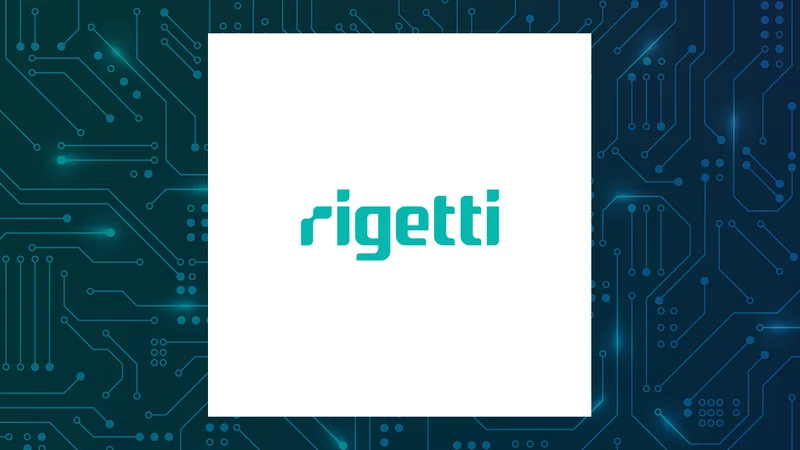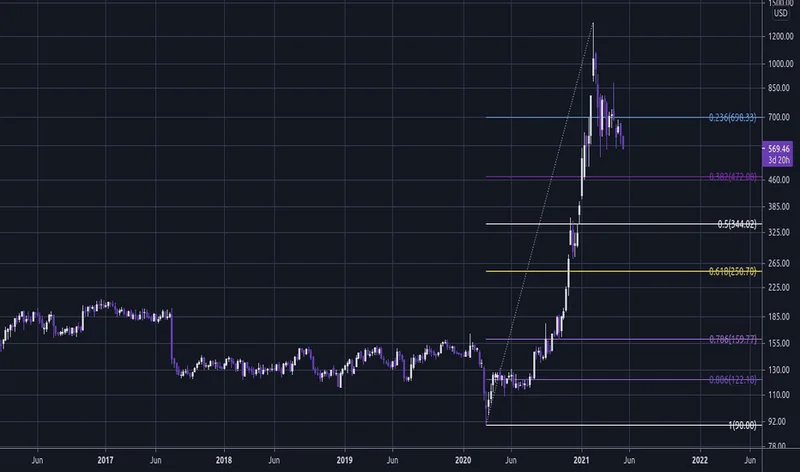The End of Opaque Finance: How a Single Complaint Reveals the Need for a Tech-Driven Revolution
The Analog Crime in a Digital World
When I read about the recent allegations against Vincent Ferrara, a financial advisor with 37 years of experience, a single, frustrating thought echoed in my mind: we’re still solving for the wrong variable. The complaint, filed in September 2025, claims a staggering $2 million was misappropriated from a client's account while Ferrara was at Merrill Lynch. It’s a story we’ve heard before, a tale of trust allegedly broken, of a system failing the very people it’s meant to protect. And honestly, it feels archaic.
It feels like reading a report about a blockbuster video store going bankrupt in the age of Netflix.
My field is the future. I spend my days exploring the bleeding edge of what’s possible, from quantum computing to artificial general intelligence. So when I see a problem like this, my first reaction isn't just anger on behalf of the investor; it's a profound sense of frustration at the sheer, maddening inefficiency of it all. We live in an era where we can verify a digital transaction across the globe in seconds, yet we still entrust our life savings to a system that can be compromised by a single point of human failure. This isn’t a critique of one individual—the case is still pending, after all—but a diagnosis of an entire paradigm that is fundamentally, technologically, obsolete.
The current model of financial advisement is built on a foundation of personal trust. You sit in a quiet, wood-paneled office. You shake a hand. You look someone in the eye and decide they are worthy of stewarding your future. It's a deeply human process, but it’s also a deeply flawed one. It’s a single-key system. Your advisor holds the key, and you just have to hope they’re one of the good ones. But what happens when that trust is misplaced? What happens when the key is used to unlock the vault for the wrong reasons? The Vincent Ferrara: Ameriprise Advisor Lands $2mm Complaint, along with a previous settled complaint from 2001, serves as a stark reminder of that vulnerability. How many more millions, or even billions, are sitting in accounts, susceptible to that same analog weakness: unchecked human discretion?
From Handshakes to Hashes
This is where the conversation has to shift. For decades, the industry's answer to misconduct has been more rules, more paperwork, more compliance officers looking over shoulders. It’s an attempt to patch a leaky bucket. But what if we could build a better bucket? What if we could engineer a system where trust isn't a feeling, but a mathematical certainty?

Imagine, for a moment, a different kind of financial relationship. Instead of your assets being held in an account managed by a single firm and overseen by a single advisor, they exist on a distributed ledger—in simpler terms, a shared, un-erasable digital record book that both you and a network of validators can see in real time. Every transaction, every trade, every fee is a permanent, transparent entry. To move a single dollar would require cryptographic verification, perhaps even your own digital signature for amounts over a certain threshold. It’s the architectural equivalent of replacing a single bank teller with a thousand public notaries who all have to agree before a transaction is approved.
This isn’t science fiction. The foundational technologies, like blockchain and smart contracts, are already here. We’re seeing them revolutionize supply chains, art, and digital identity. Applying them to personal finance is the next logical, and frankly, necessary step. The speed at which this technology is developing is just staggering—it means the gap between today’s vulnerable system and tomorrow’s transparent one is closing faster than we can even comprehend. This is the kind of breakthrough that reminds me why I got into this field in the first place. It’s not just about cool tech; it’s about solving fundamental human problems.
This shift would be as profound as the invention of the printing press. Before Gutenberg, knowledge was controlled by a select few scribes who could read and write. The masses had to trust what they were told. The printing press decentralized knowledge, making it verifiable and accessible to everyone. We are on the cusp of a similar revolution for finance. We are moving from an era of "trust me" to an era of "show me the code." Are we truly still content to build our financial futures on a system of handshakes and quarterly paper statements in an age where we can have real-time, immutable proof?
Of course, this technological leap comes with its own set of responsibilities. We have to ensure these systems are secure, user-friendly, and don't create a new form of digital divide. The goal is to empower everyone, not just the tech-savvy. But these are engineering challenges, not fundamental impossibilities. The core idea remains unshakable: we can, and we must, build a financial architecture where alleged violations like those described in the FINRA rules—improper use of funds and failing to uphold high standards of commercial honor—are not just punishable, but structurally impossible.
An Architecture of Trust
Ultimately, the story of Vincent Ferrara isn't just about one advisor or one firm. It’s a ghost story from a dying era. It’s a warning about the inherent risks of a system built on blind faith in human intermediaries. The future isn't about finding a more trustworthy person to hand your money to. It's about creating a system that doesn't require you to trust a person at all. It's about building an architecture where transparency is the default, security is mathematical, and your control over your own financial destiny is absolute. That's the world we're building, and it can't get here soon enough.
Related Articles
Federal Solar Incentives Are Ending: A Data-Driven Breakdown of the Financial Impact
Oregon Governor Tina Kotek is in a race against the clock. With an executive order, she has directed...
RGTI Stock: A Comparative Analysis vs. IONQ and NVDA
The market action surrounding Rigetti Computing (RGTI) in 2025 presents a fascinating case study in...
MicroStrategy (MSTR) Stock: Analyzing the Bitcoin Correlation and Its Price Action
The recent price action in Strategy’s stock (MSTR) presents a fascinating case study in market perce...
Fifth Third Swallows Comerica for $10.9B: Why It's Happening and Why You Should Care
So, another Monday, another multi-billion dollar deal that promises to "create value" and "drive syn...
American Battery's Breakthrough: Why It's Surging and What It Means for the Future of Energy
The Quiet Roar of the Energy Transition Just Became Deafening When I saw the news flash across my sc...
Ron Baron's Lifetime Bet: Tesla and SpaceX – What We Know
Okay, folks, buckle up. We're diving deep into something truly inspiring today: Ron Baron's unwaveri...





